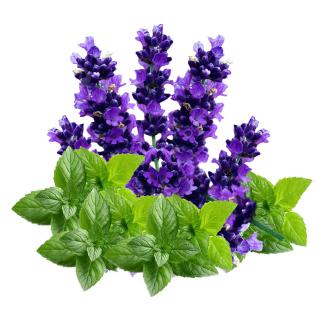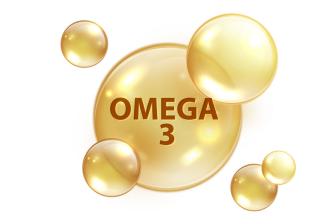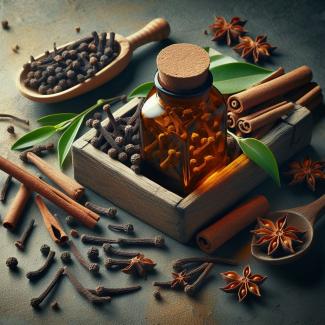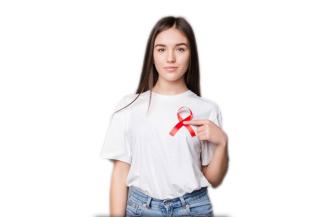
Lowering blood pressure can be achieved through various lifestyle changes, including dietary modifications. Cutting out excessive sugar intake is one such dietary change that can potentially help reduce blood pressure, especially if you have hypertension or are at risk of developing it. However, it's important to note that sugar reduction alone may not be sufficient for everyone, and individual responses can vary. Here's how reducing sugar intake can contribute to lower blood pressure:
- Weight Management: Excess sugar consumption can lead to weight gain and obesity, which are risk factors for high blood pressure. Cutting back on sugar can help with weight management, and maintaining a healthy weight can contribute to lower blood pressure.
- Improved Insulin Sensitivity: High sugar intake can lead to insulin resistance, a condition where your body becomes less responsive to insulin. Insulin resistance can contribute to high blood pressure. Reducing sugar intake can help improve insulin sensitivity.
- Reduced Sodium Intake: Many sugary processed foods and beverages are also high in sodium (salt), which can raise blood pressure. By cutting out sugar, you may naturally reduce your consumption of these high-sodium items.
- Lowered Stress on the Cardiovascular System: Excessive sugar intake may contribute to inflammation, oxidative stress, and endothelial dysfunction, all of which can negatively impact the cardiovascular system and raise blood pressure. Reducing sugar intake can help alleviate some of this stress.
- Decreased Fluid Retention: Consuming too much sugar can lead to increased fluid retention in the body, which can contribute to higher blood pressure. Cutting back on sugar may reduce fluid retention.
It's important to note that not all sugars are created equal. Natural sugars found in fruits, vegetables, and dairy products come with essential nutrients and fiber, while added sugars in processed foods and sugary beverages are the ones you should primarily aim to reduce.
To effectively lower blood pressure through dietary changes:
- Limit or eliminate sugary beverages like soda, energy drinks, and sweetened fruit juices.
- Reduce consumption of sweets, candies, and desserts.
- Read food labels to identify hidden sources of added sugars in processed foods.
- Focus on a balanced diet rich in fruits, vegetables, whole grains, lean proteins, and healthy fats.
- Monitor and control your overall daily calorie intake to support weight management.
However, it's essential to remember that while dietary changes are beneficial, they should ideally be part of a comprehensive approach to managing blood pressure. Regular physical activity, stress management, and medications (if prescribed by a healthcare professional) may also be necessary to achieve and maintain healthy blood pressure levels. It's crucial to consult with a healthcare provider for personalized advice and monitoring, especially if you have hypertension or other medical conditions.
Sometimes my ears ring. What does this have to do with it and how can I fix this beeping?
Ringing in the ears, also known as tinnitus, is a common condition that can be caused by various factors. It may not be a "beeping" sound for everyone, but rather a perceived noise that can be described in different ways, such as ringing, buzzing, hissing, or humming. Tinnitus can be temporary or chronic, and it can be caused by a variety of factors, including:
Which medicinal plant helps to sleep better?
Several medicinal plants are known for their potential to help improve sleep quality. Keep in mind that while these herbs and plants may offer some sleep-promoting benefits, it's essential to consult with a healthcare professional before using them, especially if you have any underlying health conditions or are taking medications. Here are some plants commonly used to promote better sleep:
Why Cortisol or Stress Never Turns Off
Cortisol and stress do turn off, but the timing and effectiveness of this "turning off" process can vary based on factors such as the intensity of the stressor, an individual's coping abilities, and the duration of stress exposure. While cortisol and stress don't shut down immediately after a stressful situation ends, their levels in the body gradually decrease as the body returns to a state of equilibrium.
To mitigate the negative effects of prolonged stress and high cortisol levels, here are some strategies:
How cloves promote a healthy body
Cloves, also known as clove buds or cloves, are the dried flower buds of the Syzygium aromaticum tree native to Indonesia. They are widely used not only as a spice in culinary dishes but also for their numerous health benefits in promoting a healthy body. Here's a detailed description of how cloves contribute to a healthy body:








